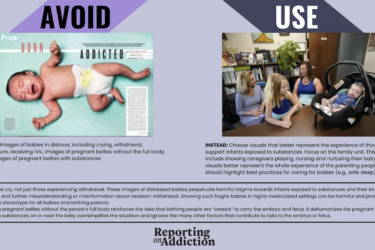
Language and cultural barriers negatively impact the health of Hispanic Americans, federal health officials say. A lack of access to routine health services has contributed to an increase in a variety of conditions, such as diabetes, obesity, tooth decay and gum disease, that disproportionately affect the nation’s more than 50 million Hispanics.
An increase in Hispanic health care providers could help address the need for “culturally competent and linguistically appropriate services,” said Elena Rios, president of the National Hispanic Medical Association (NHMA).Yet Hispanic physicians, dentists and nurses remain in short supply.
“We are so under-represented,” said Rios, who spoke at the opening of organization’s annual conference April 21 in Washington D.C., which this year was held jointly with the Hispanic Dental Association (HDA).
While America’s Hispanic population continues to grow, a shortage of physicians with the language skills and cultural familiarity best suited to serve its needs has actually worsened, according to a study by the University of California, Los Angeles.
The lack of dentists also is troubling. The HDA reports that Hispanic dentists represent only 5.36 percent of active dentists in the United States, in comparison with the ethnic group’s 16 percent distribution in the country’s population.
While the nation’s nursing workforce gradually has become more diverse, Hispanic nurses also remain a small minority among registered nurses, according to federal data.
Stronger family, community and government support for Hispanic students interested in studying science and pursuing health care careers could help, said Rios, who supported passage of HR 2927, which was sponsored by U.S. Rep. Joseph Heck (R-Nev.). It would authorize schools serving Hispanic students to use grant funds provided under the federal Higher Education Act to mentor and assist Hispanic students seeking to enter medical school.
Rios said she is worried that efforts aimed at bringing more minorities into health professions could be dealt a setback by an upcoming decision by the U.S. Supreme Court in Fisher v. University of Texas at Austin. The case could kill affirmative action programs at colleges and universities nationwide.
The white student at the center of the case has challenged the use of racial considerations in the admissions process of the school that rejected her application.
The NHMA has signed onto an amicus brief filed by the Association of American Medical Colleges arguing that schools should continue to be allowed to consider “an applicant’s race and ethnicity along with all other factors that make up his or her background.”
“The goal is not mechanically to admit students based on (some) numerical criteria … but rather to produce a class of physicians best equipped to serve all of society,” the brief notes.
A decision in the case is expected by June.
“We need to have healthy Latinos so we can have a healthy America,” Rios said.
Amarilis Jacobo, president of the HDA, agrees, praising the decision by Hispanic physicians’ and dentists’ groups to meet jointly this year. She stressed the importance of continued collaborative efforts by medical and dental providers in tackling problems such as tooth decay and obesity.
Physicians and dentists in the Hispanic community need to reinforce messages about the links between oral health and overall health, stress the importance of making healthy food choices, drinking water instead of soda and getting regular preventive care, Jacobo said.
“Everything starts at the mouth,” she said.







